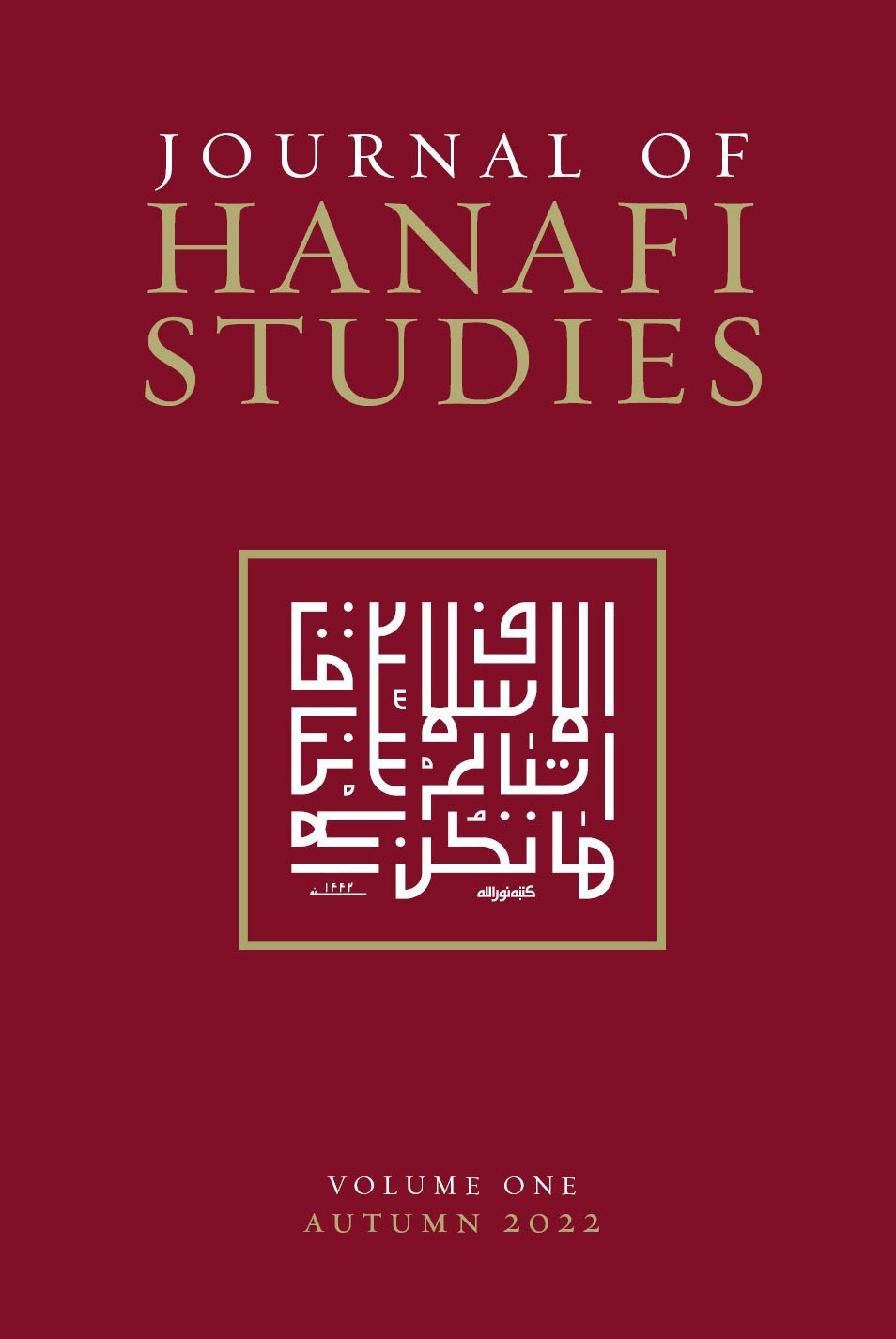
In Defence of the Hanafī Tradition: The Legal Utility of al-Nīmawī’s Āthār al-sunan
Massoud Vahedi
Abstract
A common belief among numerous academics and analysts is that the Ḥanafī madhhab contravenes or stands at odds with the Prophetic Sunna in its legal rulings. This research paper attempts to challenge this widespread assumption by undertaking a study of a key compilation penned by a Ḥanafī scholar in the genre of legally pertinent narrations (aḥādīth al-aḥkām). The work in question is Āthār al-sunan, written by the Indian ḥadīth scholar Abū al-Khayr Ẓahīr Aḥsan Shawq al-Nīmawī (d. 1322/1914). My objective is to analyze the theoretical merits and practical contributions of this work, especially how it defends the veracity of legal rulings championed in the Ḥanafī school. The main analytical observation of this article is that al-Nīmawī makes effective use of principles in the science of ḥadīth to vindicate a number of contentious legal positions found in the Ḥanafī school. To demonstrate the theoretical robustness of al-Nīmawī’s arguments, I study closely his commentary of three legally pertinent ḥadīths. To enrich the level of analysis for these selected cases, the essay considers contentions raised against al-Nīmawī by the ahl al-ḥadīth critic Muḥammad ʿAbd al-Raḥmān al-Mubārakfūrī (d. 1353/1934). Through this analytical exercise I demonstrate that for all three of the cases studied, al-Nīmawī’s arguments informed by the science of ḥadīth are cogent and persuasive, while al-Mubārakfūrī’s criticisms fall short or miss the mark.

Key Words
aḥādīth al-aḥkām, qulla, ziyādat al-thiqa, istiḥsān
